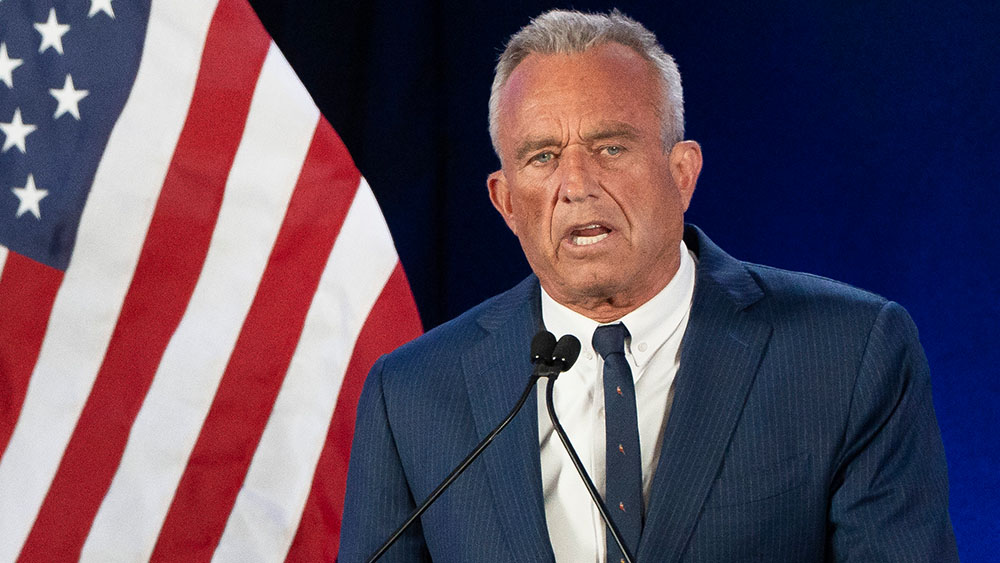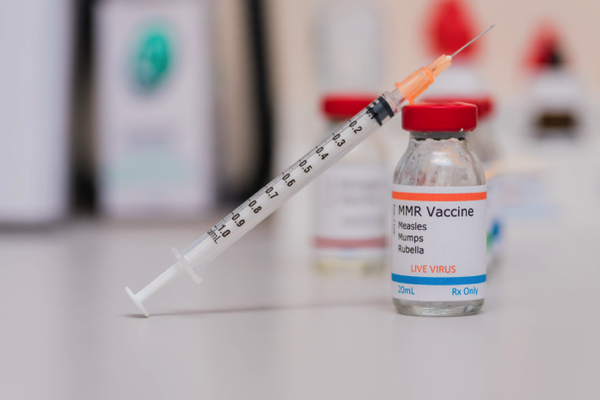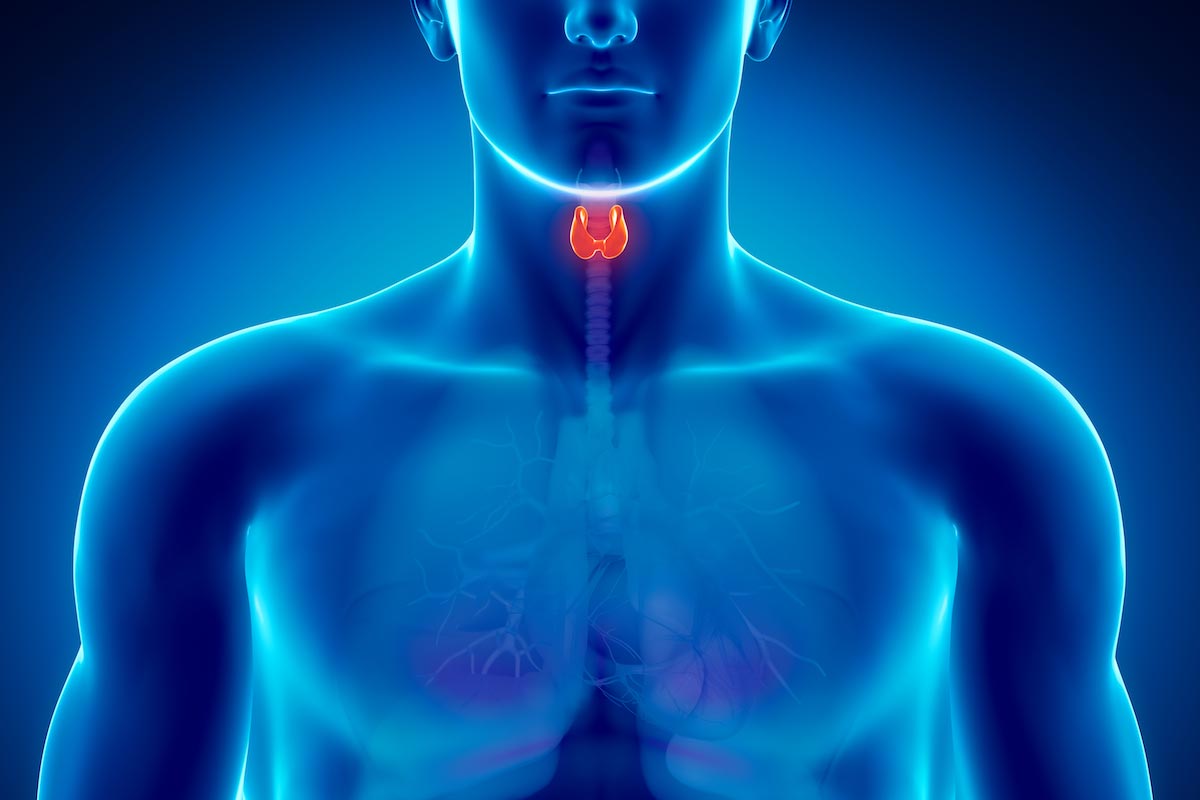Long-term antidepressant users 10x more likely to suffer severe withdrawal effects, study warns
05/26/2025 / By Laura Harris

- Over half of antidepressant users experience withdrawal effects when discontinuing, with nearly half describing them as severe. Long-term users (two+ years) are 10 times more likely to suffer severe symptoms compared to short-term users.
- Withdrawal effects often last weeks or months, with 30 percent of long-term users enduring symptoms for over three months and 10 percent struggling for more than a year.
- Current U.K. and U.S. guidelines inaccurately describe withdrawal as short-term (“self-limiting” within 1–2 weeks), failing to reflect the severe and lasting impacts reported by patients.
- Seventy-nine percent of long-term users fail to quit due to withdrawal symptoms, highlighting concerns about unintended dependence. Symptoms include dizziness, nausea, headaches and emotional distress.
- Experts urge gradual dose reduction (“tapering”) under medical supervision and emphasize that antidepressant use should be a collaborative decision, with patients fully informed of withdrawal risks.
A new study by University College London (UCL) has revealed that long-term users of antidepressants are 10 times more likely to suffer severe withdrawal effects when attempting to stop the medication.
Antidepressants are among the most commonly prescribed drugs in the United Kingdom, with one in seven people relying on them. However, the UCL study, published in Psychiatry Research, reveals that the longer a patient takes these medications, the harder it becomes to stop – often due to severe and long-lasting withdrawal effects.
According to the findings, 64 percent of patients who took antidepressants for two years or more experienced moderate to severe withdrawal symptoms when trying to quit. In contrast, only 27 percent of short-term users (six months or less) reported mild or no withdrawal effects.
One in six patients suffered severe withdrawal effects, with symptoms including dizziness, headaches, nausea and vertigo. Nearly a third of long-term users endured withdrawal for over three months, while 10 percent struggled for more than a year. Additionally, 79 percent of those on antidepressants for over two years failed to quit due to withdrawal symptoms.
These findings raise concerns about the underestimated risks of prolonged antidepressant use, with many patients reporting debilitating physical and psychological effects that leave them trapped in a cycle of dependence. (Related: This simple lifestyle change may be the most effective way to keep kids off anti-depressants.)
U.S. and U.K. guidelines underestimate withdrawal effects
The study adds to mounting evidence that U.S. and U.K. guidelines underestimate the severity and duration of withdrawal effects.
Lead researcher Dr. Mark Horowitz, a psychiatrist at UCL, warned that the findings highlight a critical gap in medical guidance. “This is one reason to use antidepressants for no longer than necessary – because doing so may make it harder to stop using them later on,” Horowitz said on May 22.
Meanwhile, senior author Prof. Joanna Moncrieff, a leading critic of long-term antidepressant use, urged patients to seek medical supervision before stopping.
“Withdrawal symptoms are commonly experienced by people coming off antidepressants, so we would advise that people who want to stop taking the medication should do so in consultation with an informed health professional,” Moncrieff said.
She argued that many doctors fail to warn patients about these risks, leaving them unprepared. Some patients have been on antidepressants for decades, with studies linking prolonged use to heart problems, sexual dysfunction and emotional blunting.
“Most people will be able to stop taking antidepressants without significant difficulty by reducing the dose, known as ‘tapering,’ over a few weeks or months. Some people can experience withdrawal symptoms that last longer and may be more severe, particularly when the medication is stopped suddenly. Ultimately, the use of antidepressants should always be a shared decision between a patient and their doctor based on clinical need and the preferences of the patient,” a spokesperson for the Royal College of Psychiatrists said in reaction to the study.
BeatDepression.news keeps up with the latest research on natural ways to address depression.
Watch this video to learn the truth about antidepressants.
This video is from the BrightLearn channel on Brighteon.com.
More related stories:
New analysis reveals that sleep deprivation can be an effective anti-depressant.
How FDA and Big Pharma mislead millions into taking dangerous anti-depressants.
Sources include:
Submit a correction >>
Tagged Under:
Antidepressants, Big Pharma, depression, health science, mental health, mind, mind body science, mood-altering drugs, pharmaceutical fraud, Prescription drugs, psych drugs, real investigations, research, UCL
This article may contain statements that reflect the opinion of the author
RECENT NEWS & ARTICLES
PharmaceuticalFraud.com is a fact-based public education website published by Pharmaceutical Fraud Features, LLC.
All content copyright © 2018 by Pharmaceutical Fraud Features, LLC.
Contact Us with Tips or Corrections
All trademarks, registered trademarks and servicemarks mentioned on this site are the property of their respective owners.




















